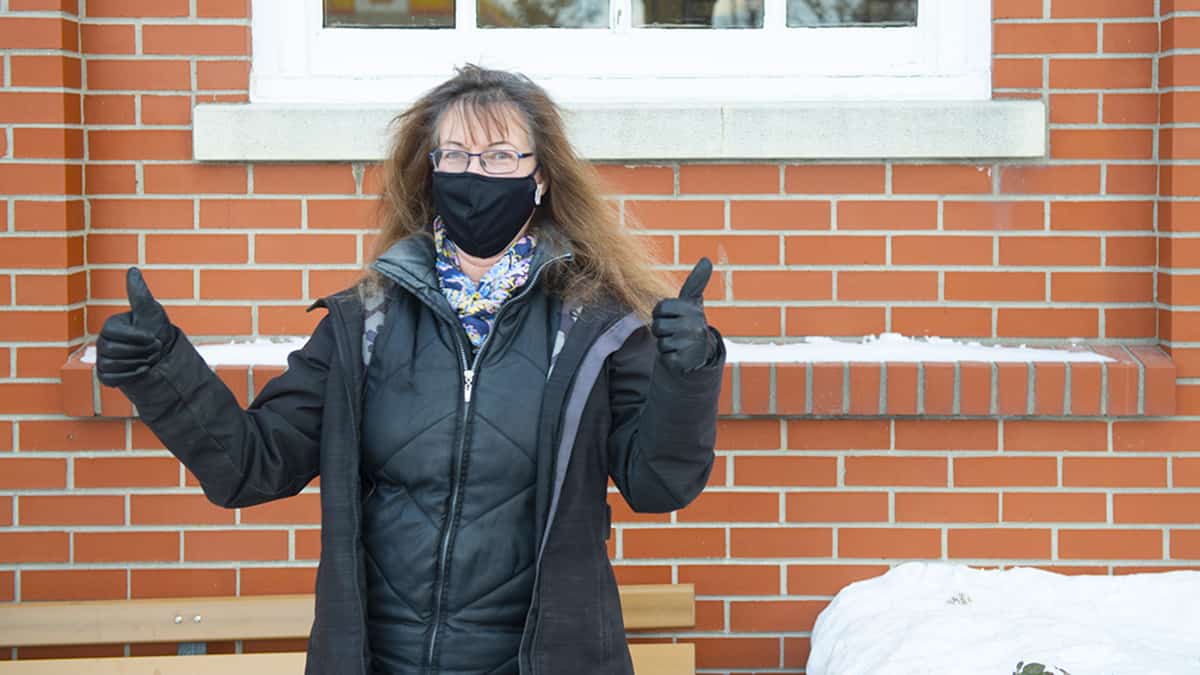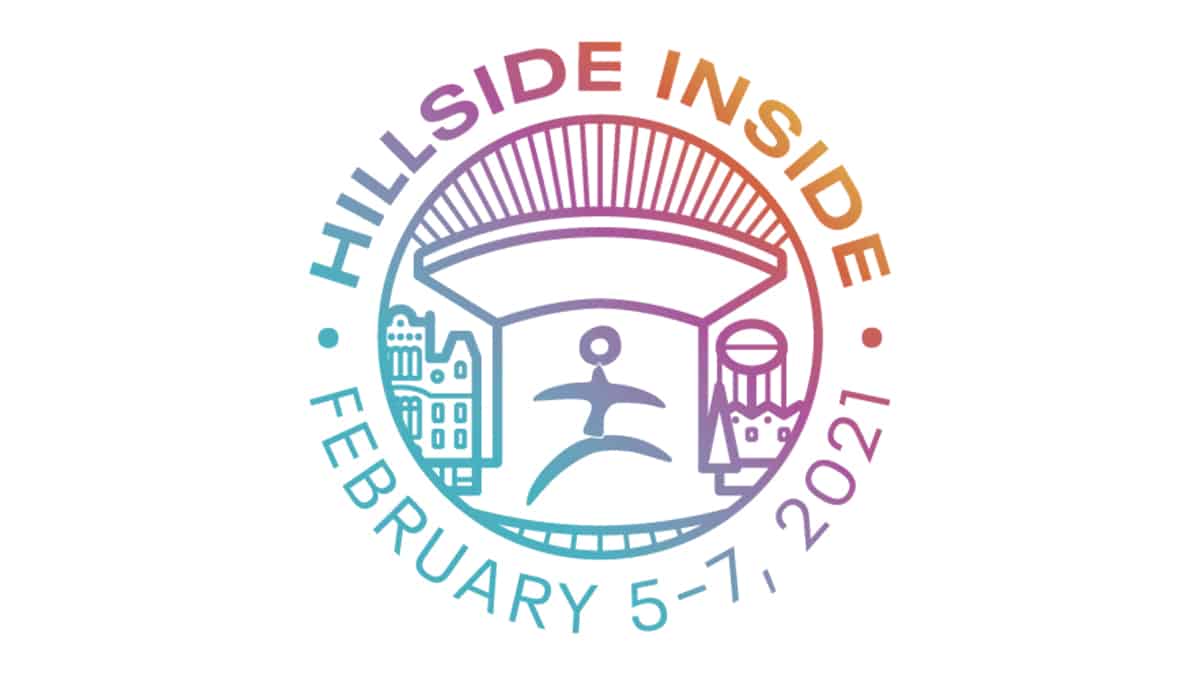The province has expanded coronavirus inspections at farming operations, but local operators will see few real changes, suggests Waterloo Region’s medical officer of health.
The provincial government recently announced an expansion of COVID 19 inspections to farming operations within Ontario, but what does it mean for farmers here in Waterloo.
According to Dr. Hsiu-Li Wang, the announcement doesn’t make too many changes to how public health was operating this past year.
“Public health inspectors have always been working, in partnership with the Ministry of Labour, on the farm inspections, and earlier…in 2020 there were multiple visits done,” said Dr. Hsiu-Li Wang. “We’ve kept up that sort of connection with them as needed, and I know we are doing another round of reaching out to them right now. We will be working with the Ministry of Labour closely to coordinate visits, inspections, and reinforcements of all the requirements that they have to put in place.”
Officially, the province has stepped up enforcement and is looking for farm operations to adhere to new safety regulations under the Occupational Health and Safety Act. The maximum penalty upon conviction under the OHSA is $1.5 million for a corporation and $100,000 for an individual. Individuals may also be imprisoned for up to 12 months on conviction.
The move is aimed in large part at operations with temporary foreign workers, both for their safety and to curb the spread of the virus.
“Our government is taking action to protect essential temporary foreign workers who may be at a higher risk of contracting COVID-19 during the upcoming growing season. We rely on these workers to ensure our grocery store shelves remain stocked and families have food on the table. These inspections will help stop the spread of COVID-19 on farms, and in our communities,” said Minister of Labour, Training and Skills Development Monte McNaughton in a release.
In 2019, an estimated 14,000 foreign workers were in the province at harvest time.
Because of the pandemic, such workers arriving in the country last year were required to self-isolate for two weeks, on top of any travel-related measures, often living at summer camps that could not be in operation because of the pandemic. New regulations on flying require those entering the country to be tested, staying in a hotel for three days if they’re negative for COVID-19 and having to self-isolate for two weeks if they test positive.
The region has its own regulations for farm operators using temporary foreign workers, issued last summer by Wang. The order applies to all farm operators that employ migrant farm workers in any capacity, participate in the federal temporary foreign worker program and/or operate any model of seasonal housing accommodations.
Whether that order will apply to the next farming season will depend on the status of the pandemic and the province’s new farm-inspection measures.









